We’ll tackle this one first because by a country mile the majority of people who walk through the doors of any gym or start exercising are doing it to primarily look better.
Though we’re going to focus on exercise, we want to make it very clear that you cannot outrun your fork. If you’re overweight and your nutrition isn’t in order then exercise will not help with your weight loss.
A closer look at some of the studies make it clear that exercise has a depressingly low effectiveness for weight loss, despite some sensationalist headlines.
There’s no doubting that exercise could be described as the single best drug in the world, but it is not a weight loss drug. We say that not to discourage you from exercise but rather to value the unbelievable benefits of exercise regardless of weight.

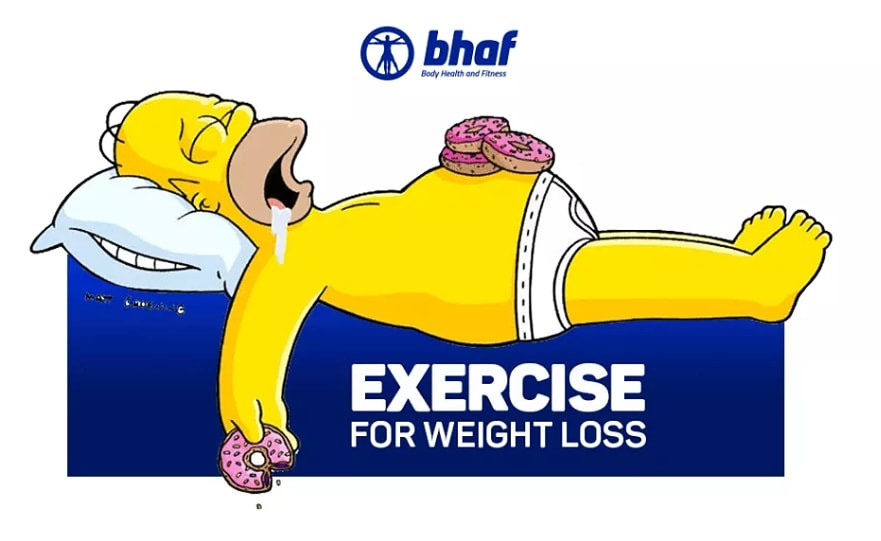
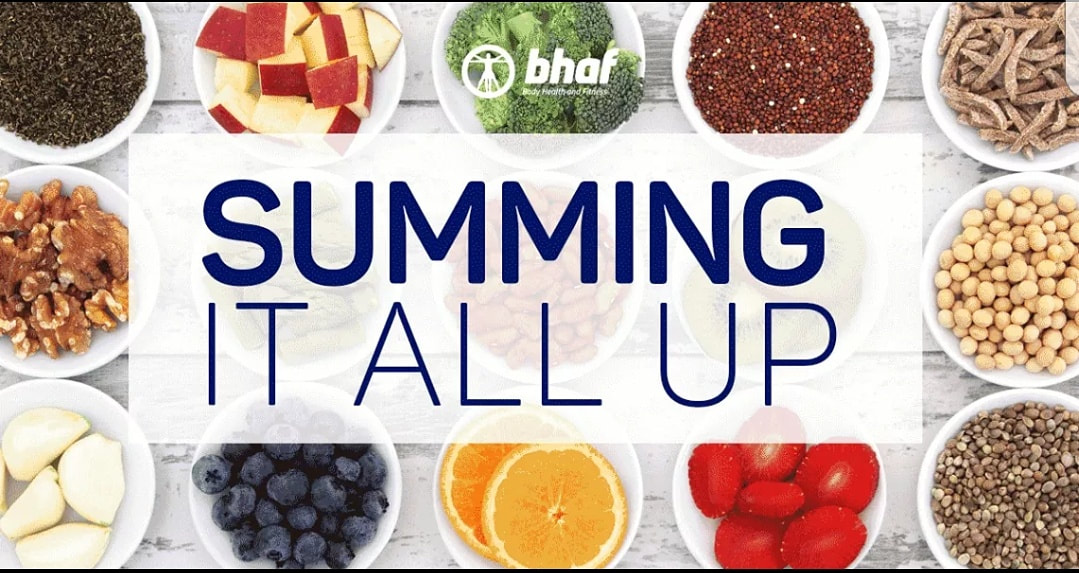
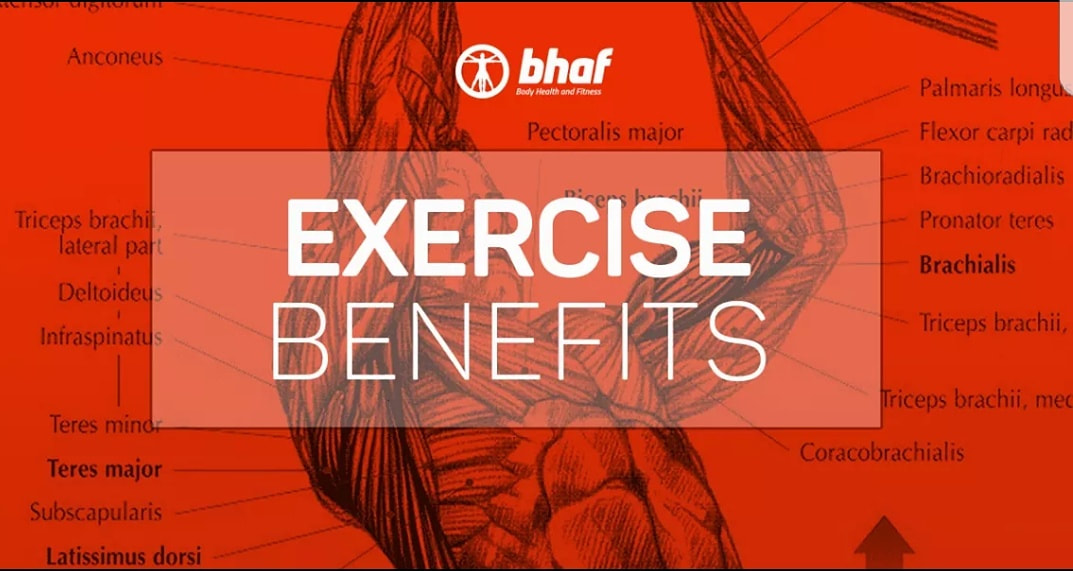
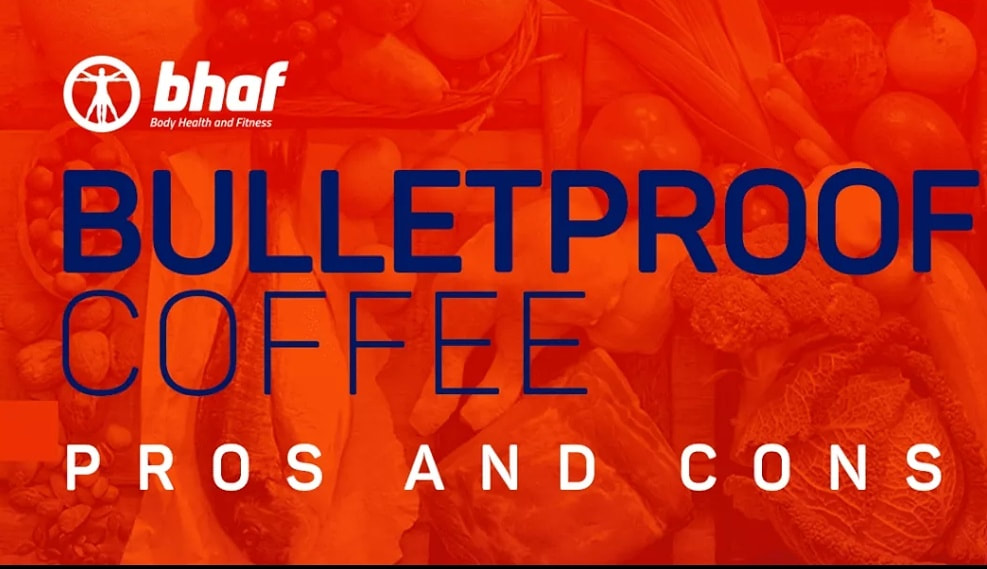
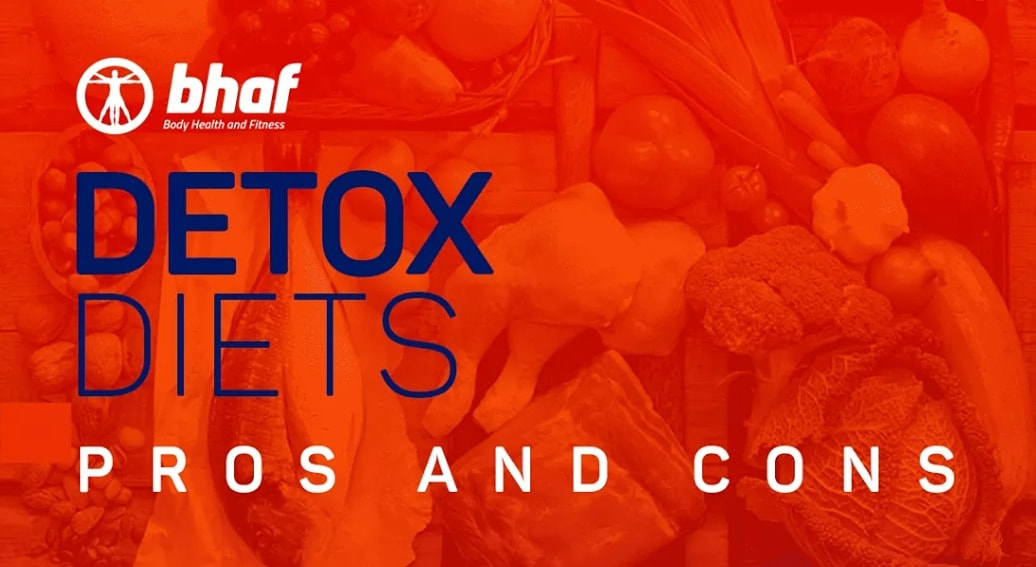
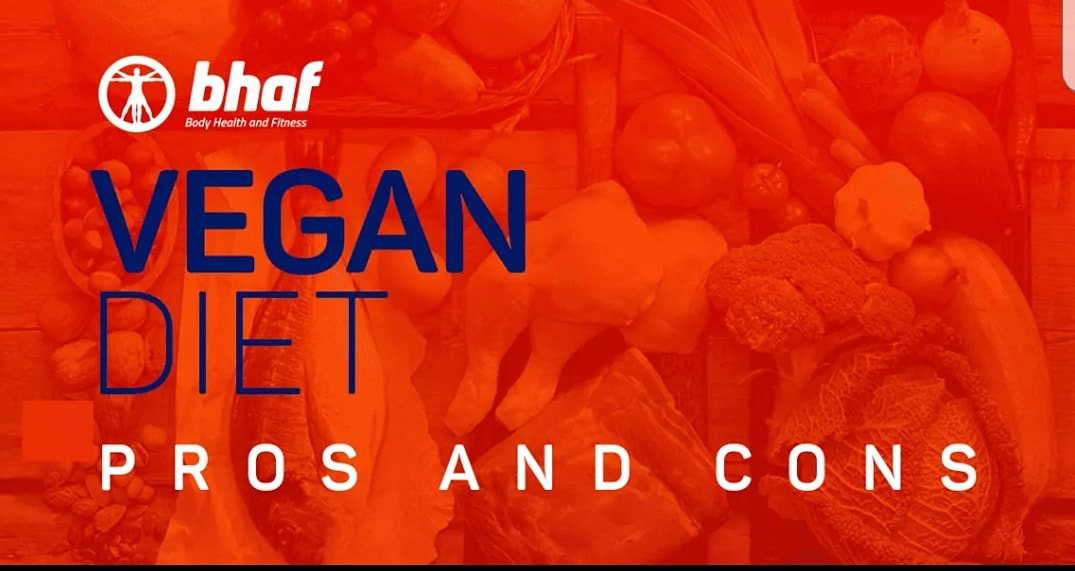
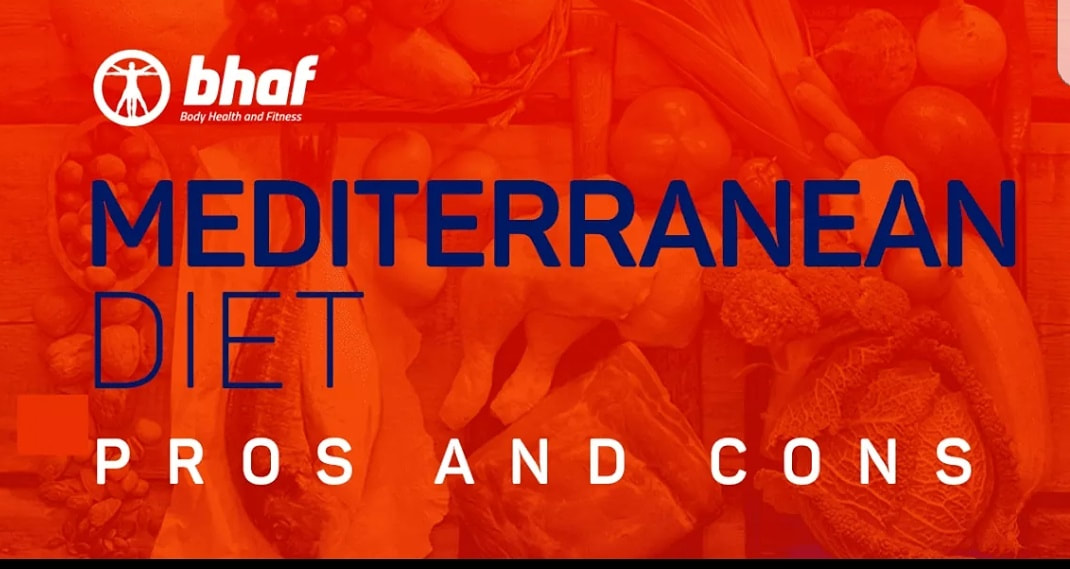
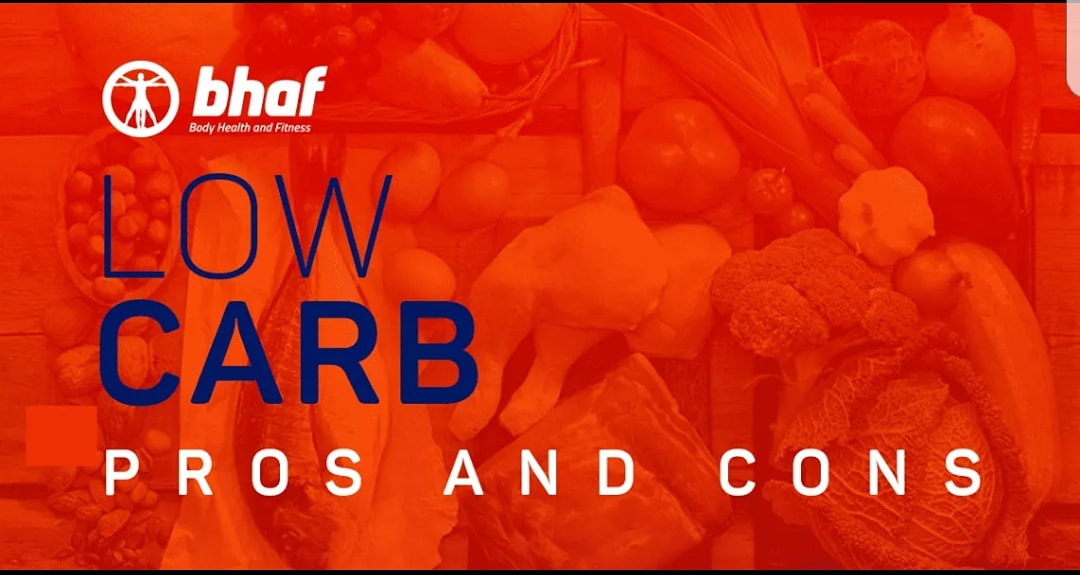
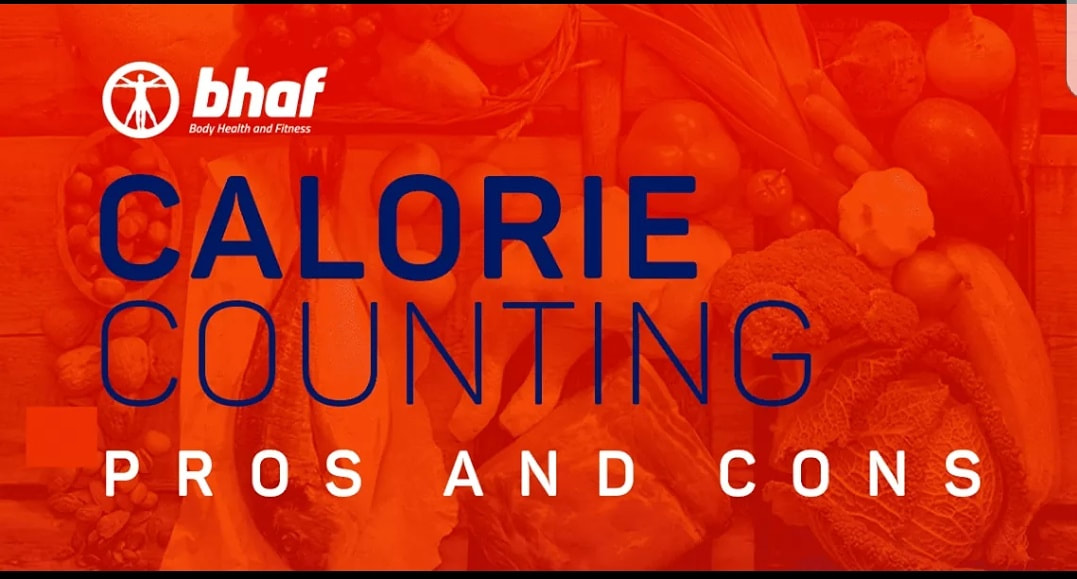
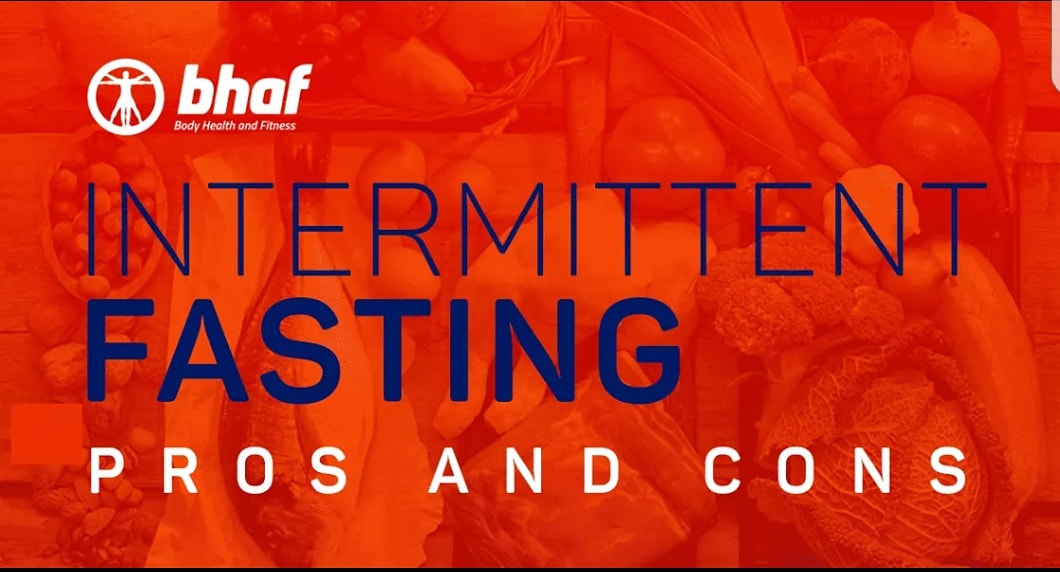
 RSS Feed
RSS Feed
